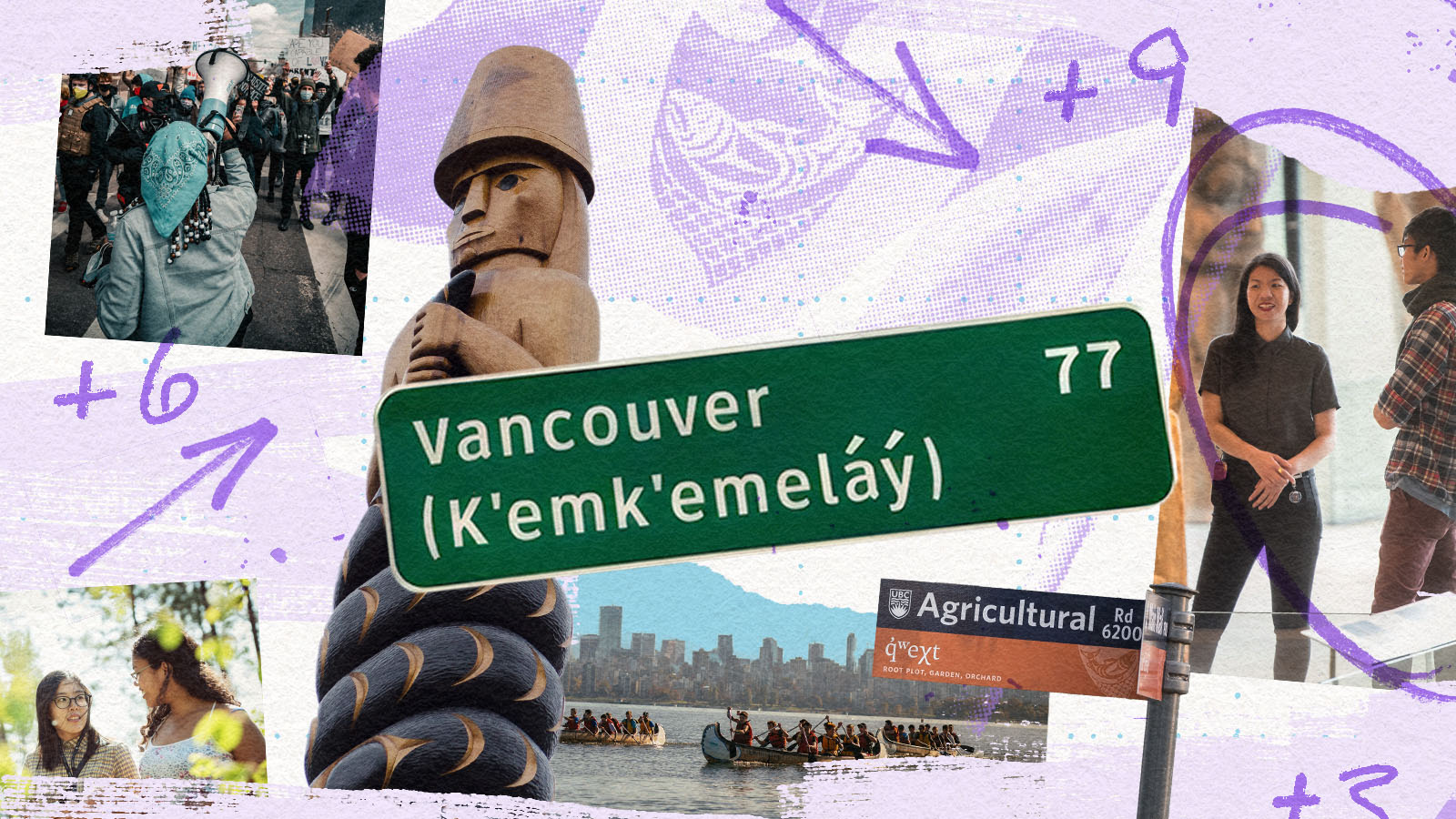Studies in Contemporary Literature
Term 1
MWF, 10:00 – 11:00 a.m.
Critical and artistic responses to media representations of climate change and to contemporary discourses of imperiled ecology have given rise in the first decades of the twenty-first century to an aesthetics of what the photographer Edward Burtynsky has called “manufactured landscapes”: denatured, waste-filled contact zones between human technologies and uninhabited space. Paul Farley and Michael Symmons Roberts call these spaces “edgelands,” and develop a latter-day poetics that tries to account for the human intervention in the natural, while Kathleen Jamie asks, as she travels the shorelines of the human, “if it’s still possible to value that which endures, if durability is still a virtue, when we have invented plastic.” Beginning with a selection of Burtynsky’s photographs and the Belgian philosopher Isabelle Stengers’s assessment of what she calls our “catastrophic times,” we will work with a set of lyric essays and speculative fictions to investigate how it is possible, in what has been called the Anthropocene, to compose a durable literature or to speak of the natural in an age of “wildlife management,” when human dominion has so pervasively and troublingly asserted itself over the disparate surfaces of the earth. Core texts will include Isabelle Stengers, In Catastrophic Times: Resisting the Coming Barbarism; J. G. Ballard, The Drowned World; Octavia Butler, Dawn; John K. Samson, Lyrics and Poems, 1997-2012; Paul Farley and Michael Symmons Roberts, Edgelands; Kathleen Jamie, Sightlines; Don McKay, Deactivated West 100. Assignments will include a response blog, a close reading, a research essay, a descriptive essay and a final examination.


